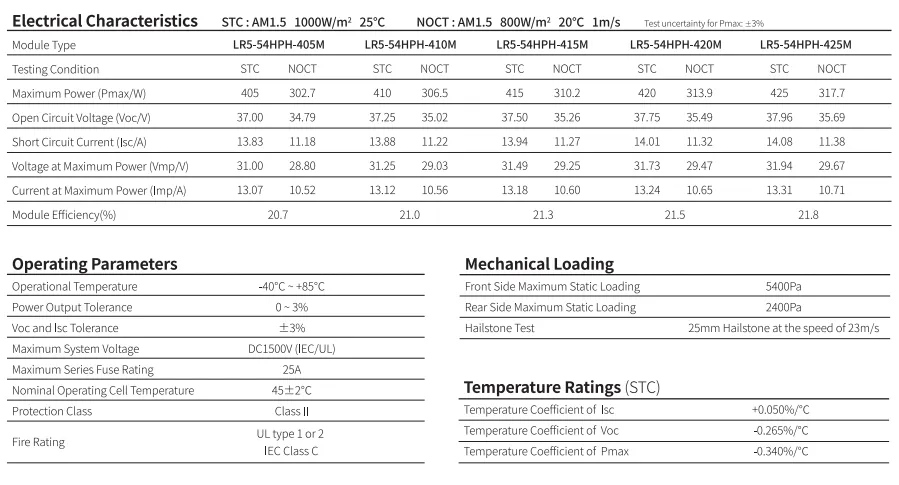calculate number of solar panels
How to Calculate the Number of Solar Panels Needed for Your Energy Needs
In recent years, solar energy has rapidly gained popularity as a sustainable and eco-friendly energy source. As more homeowners and businesses look to harness the sun's power, understanding how to calculate the number of solar panels needed for a specific energy requirement is crucial. This article will guide you through the essential steps to determine how many solar panels you need for your home or business.
Understanding Your Energy Needs
The first step in calculating the number of solar panels is to assess your energy consumption. Most utility bills provide detailed information on how much energy you use on average in kilowatt-hours (kWh). To calculate your monthly energy consumption
1. Review Your Utility Bills Look at your average monthly energy consumption over the past year. This number is often listed in kilowatt-hours (kWh). If you have monthly usage figures, simply average them.
2. Determine Your Daily Usage To find out your daily energy consumption, divide your monthly kWh by 30. For example, if your monthly energy consumption is 900 kWh, your daily consumption would be 900 kWh ÷ 30 = 30 kWh.
Evaluating Solar Panel Output
The next step is to evaluate the output power of solar panels. Solar panel output can vary significantly based on factors such as the type of panel, geographical location, and the amount of sunlight received.
1. Solar Panel Rating Most solar panels on the market today have a power output ranging from 250 W to 400 W per panel. For this calculation, you can use an average power output of 300 W per panel.
2. Hours of Sunlight The amount of sunlight varies considerably based on where you live. On average, you can expect about 4 to 6 hours of sunlight per day. For calculations, use the average of 5 hours.
Now, calculate how much energy a single solar panel can produce in a day
- To find daily output, use the formula \[ \text{Daily output} = \text{Panel wattage} \times \text{Sunlight hours} / 1000 \] - Using a 300 W panel as an example \[ \text{Daily output} = 300 W \times 5 hours / 1000 = 1.5 kWh per panel per day. \]
calculate number of solar panels

Calculating the Number of Panels
Now that you have both your daily energy consumption and the output per solar panel, you can calculate the total number of panels you need.
1. Use the Formula \[ \text{Number of Panels} = \frac{\text{Daily Energy Need (kWh)}}{\text{Daily Output per Panel (kWh)}} \]
2. Plug in Your Values If your daily energy need is 30 kWh and each panel produces 1.5 kWh \[ \text{Number of Panels} = \frac{30}{1.5} = 20 panels. \]
Considering Additional Factors
While the above calculations provide a clear estimate of how many solar panels are necessary, there are several additional factors to consider
1. System Losses Solar energy systems are not 100% efficient. It’s generally wise to account for a 10-20% efficiency loss due to inverter efficiency, shading, dust, and other environmental factors. Adjust your number of panels accordingly by increasing it by that percentage.
2. Future Energy Needs Consider whether you plan to increase your energy consumption in the future, such as adding electric vehicles or additional appliances.
3. Local Regulations and Incentives Investigate any local regulations or incentives available for solar installations that might affect your decision and installation costs.
Conclusion
Calculating the number of solar panels needed to meet your energy goals involves assessing your energy consumption, understanding the output of solar panels, and accounting for several additional factors. With a clear understanding of these components, you can make an informed decision about your solar energy investment, contributing to a sustainable future while potentially saving on energy costs in the long run. Transitioning to solar power not only benefits the environment but also provides significant savings on electricity bills—making it a win-win for homeowners and businesses alike.
-
String Solar Inverter: The High-Efficiency Solution for Smart Solar EnergyNewsJul.14,2025
-
Revolutionizing Rooftop Energy with the Power of the Micro Solar InverterNewsJul.14,2025
-
Power Independence with Smart Off Grid Solar Inverter SolutionsNewsJul.14,2025
-
On Grid Solar Inverter: Powering the Future with Smart Grid IntegrationNewsJul.14,2025
-
Monocrystalline Solar Panels: High-Efficiency Power for the Future of Clean EnergyNewsJul.14,2025
-
Bifacial Solar Panel: A Smarter Investment for Next-Generation Energy SystemsNewsJul.14,2025







